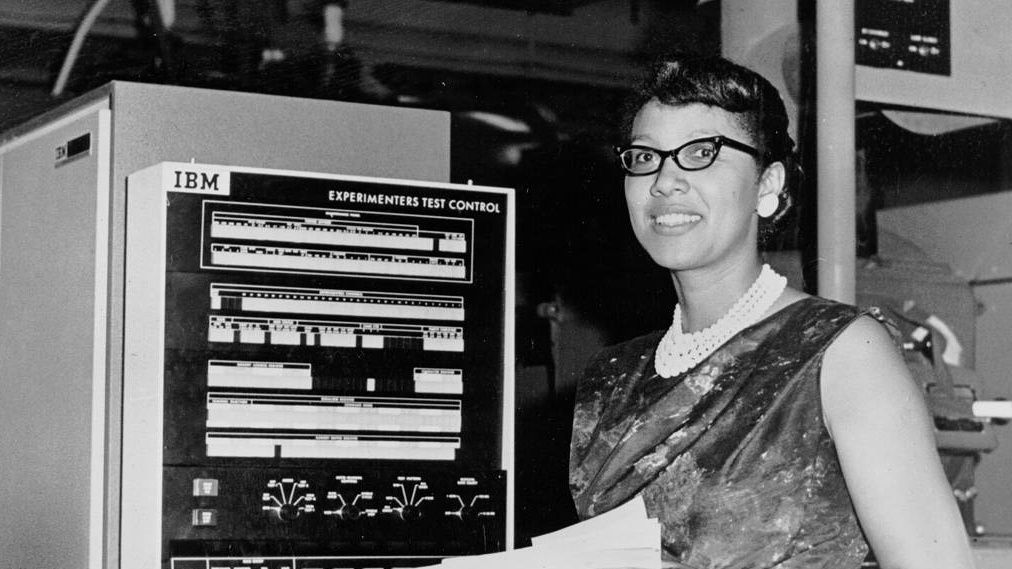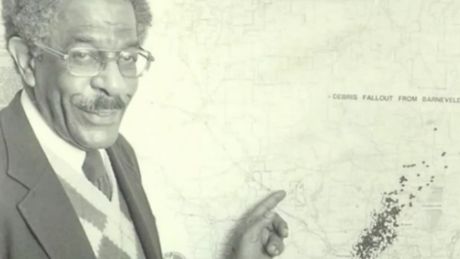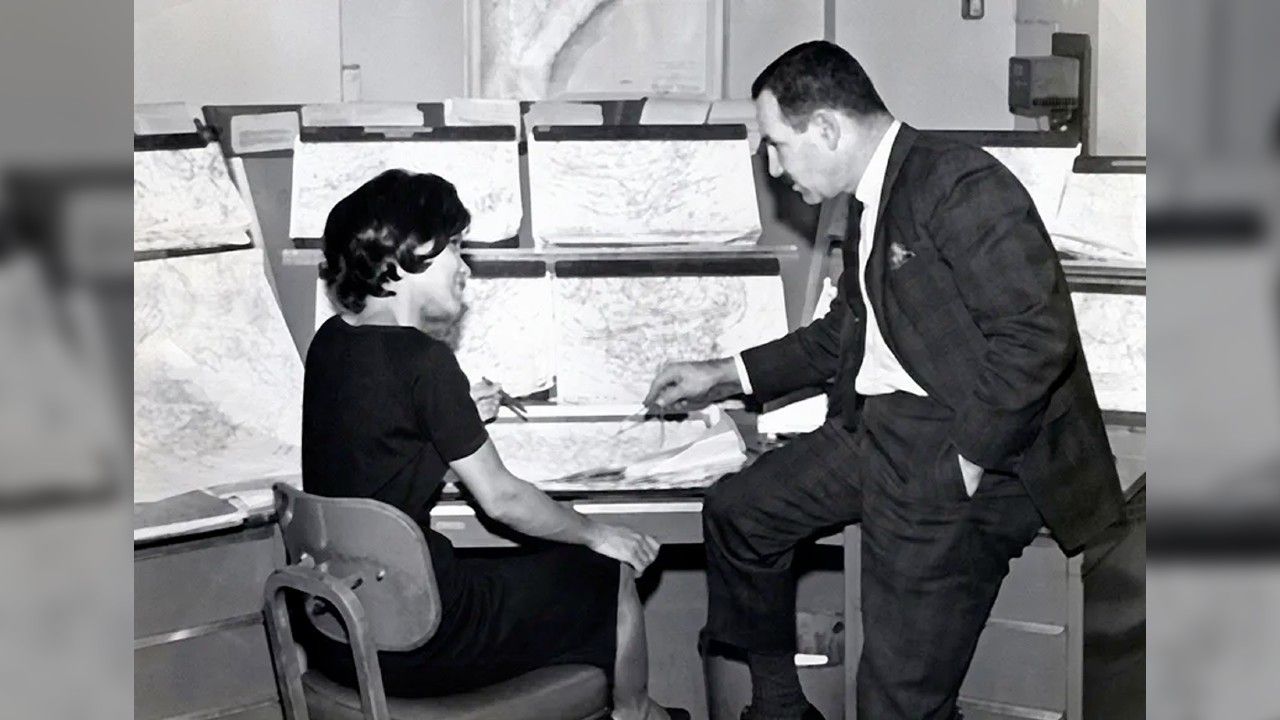RALEIGH, N.C. — The Rosenwald Project was established by a collaboration between Julius Rosenwald and Booker T. Washington to improve the education of Black students during the height of segregation.
What You Need To Know
- The Rosenwald Project opened more than 5,000 schools across the country between 1913 and 1932 for Black students
- North Carolina had the most Rosenwald Schools in the country
- Panther Branch Rosenwald School in Raleigh is one of four Rosenwald Schools left remaining in Wake County
On Salus Road in the southern tip of Raleigh is where you can find an important piece of history.
Panther Branch Rosenwald School is one of 60 Rosenwald Schools left standing. The school was born out of the Rosenwald Project, a collaboration between Julius Rosenwald, one of the founders of the Sears Corporation, and Booker T. Washington.
The Rosenwald Project opened 5,357 schools for Black children between 1913 and 1932. It’s known to be one of the most significant initiatives in history to improve the education of Black students during the height of segregation.
Panther Branch is one of four schools remaining in Wake County. It is now owned by the Juniper Level Missionary Baptist Church that overlooks the historic landmark just across the street.
Reverend Jeffery B. Robinson is the senior pastor at Juniper Level. He joined in on the restoration to save Panther Branch when he began serving the church in 2013.
“Without this school, Blacks wouldn’t have a school to go to, because in the city there were schools for them to go to, but in the rural areas, there were none,” said Robinson.
Members of Robinson’s congregation were once students, who grew up to become teachers at Panther Branch Rosenwald School. Robinson says they were the driving force behind restoring an integral part of their lives.
“Time was of an essence because how long could they live before we get this restored, and that pushed us and the doors just became open for us,” said Robinson.
The school opened in 1926. Robinson says it educated more than 1,000 students, from kindergartners to sixth graders, in a three-teacher classroom model.
“Real people came here and the impact of that, this school, I don’t know if they would have been able to enter into the military or be professionals or have another trade or job without having an education,” Robinson said.
Although the old wooden schoolhouse is now modernized and decorated with shining chandeliers, remnants of the past still remain. Including the original wood floors and the accordion-style doors that were used to separate classrooms.
As well as the strategic placing of the large windows, known to become a Rosenwald School signature, so the daylight would shine through while students were in class.
“It just showed us that a lot went into building these schools,” said Robinson.
Panther Branch closed down in 1957 after the Brown vs. Board of Education ruled segregation unconstitutional in public schools.
However, 65 years later, it still serves as a place for community and opportunity.
“This is bigger than just a school, it’s the nucleus of our community,” said Robinson.“This is bigger than just a school, it’s the nucleus of our community,” said Robinson.
Robinson says the school serves as a tutoring center during the week for children. They’re also working to incorporate music classes and recently partnered with Meals on Wheels to serve as a meal center.
In addition, the newly-restored school building includes a bridal suite and hosts weddings.
Robinson says the school is looking for a pot belly stove donation to include in the schoolhouse to add an additional feature of what the building would have truly been like for students back then.
The Panther Branch Rosenwald School will be open to the public for self guided tours Feb. 25-27 and March 4-6.









